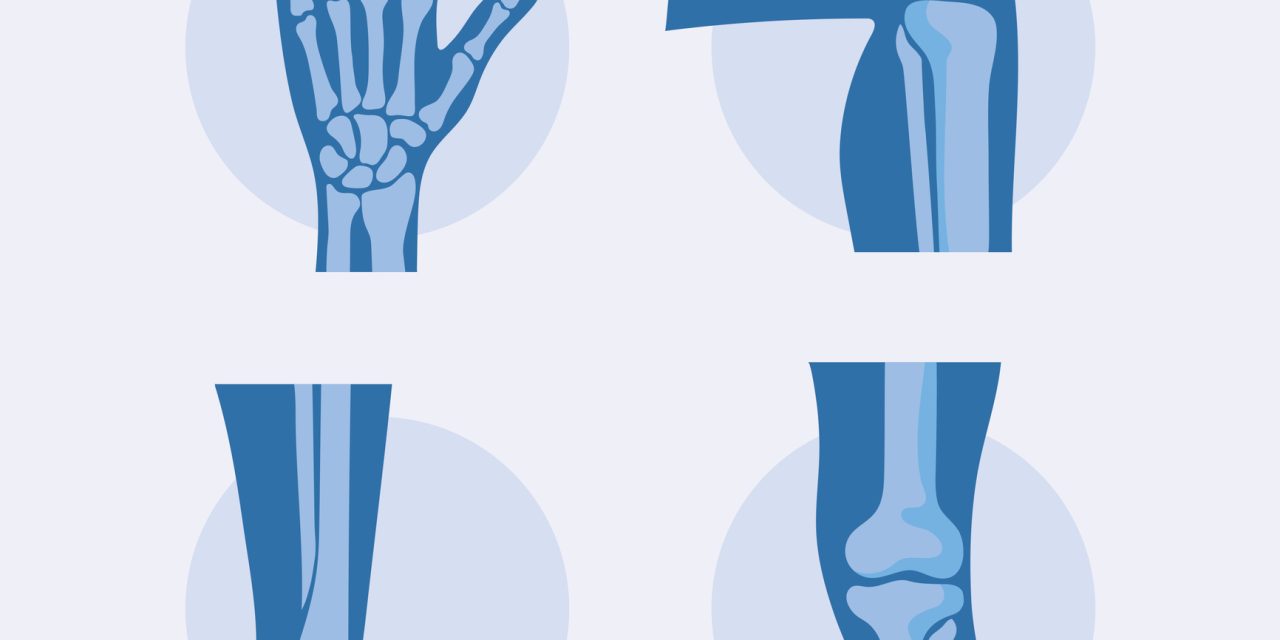To explore whether MRI features suggestive of knee OA are associated with the presence of knee pain in possible early‐stage OA development. We included 294 participants from the Osteoarthritis Initiative (mean [SD] age 50 (3) years, 50% women), with baseline Kellgren and Lawrence grade=0 in both knees, and who had all obtained knee MRIs from 4 different time points over six years (baseline, 24, 48 and 72 months).
Using a linear mixed model (knees matched within individuals), we studied whether MRI features: meniscal body extrusion (millimeter), cartilage area loss (score 0 to 39), cartilage full-thickness loss (0‐16), osteophytes (0‐29), meniscal integrity (0‐10), bone marrow lesions (BML) including bone marrow cysts (0‐20), Hoffa or effusion synovitis (absent/present) and popliteal cysts (absent/present) were associated with knee‐specific pain as reported on the Knee injury and Osteoarthritis Outcomes Score (KOOS) questionnaire on 0‐100 scale (worst‐best). The difference in KOOS knee pain for a knee with one unit higher score on MRI feature was: for meniscal extrusion ‐1.52 (95% CI ‐2.35,‐0.69), cartilage area loss ‐0.23 (‐0.48,0.02), full cartilage thickness loss: ‐1.04 (‐1.58,‐0.50), osteophytes ‐0.32 (‐0.61,‐0.03), meniscal integrity ‐0.28 (‐0.58,0.02), BMLs including potential cysts ‐0.19 (‐0.55,0.16), synovitis 0.23 (‐1.14,1.60) and popliteal cysts 0.86 (‐0.56,2.29).
Meniscal extrusion, full-thickness cartilage loss, and osteophytes are associated with having more knee pain. Although these features may be relevant targets for future trials, our findings’ clinical relevance is unclear because no feature was associated with a clinically important difference in knee pain.


